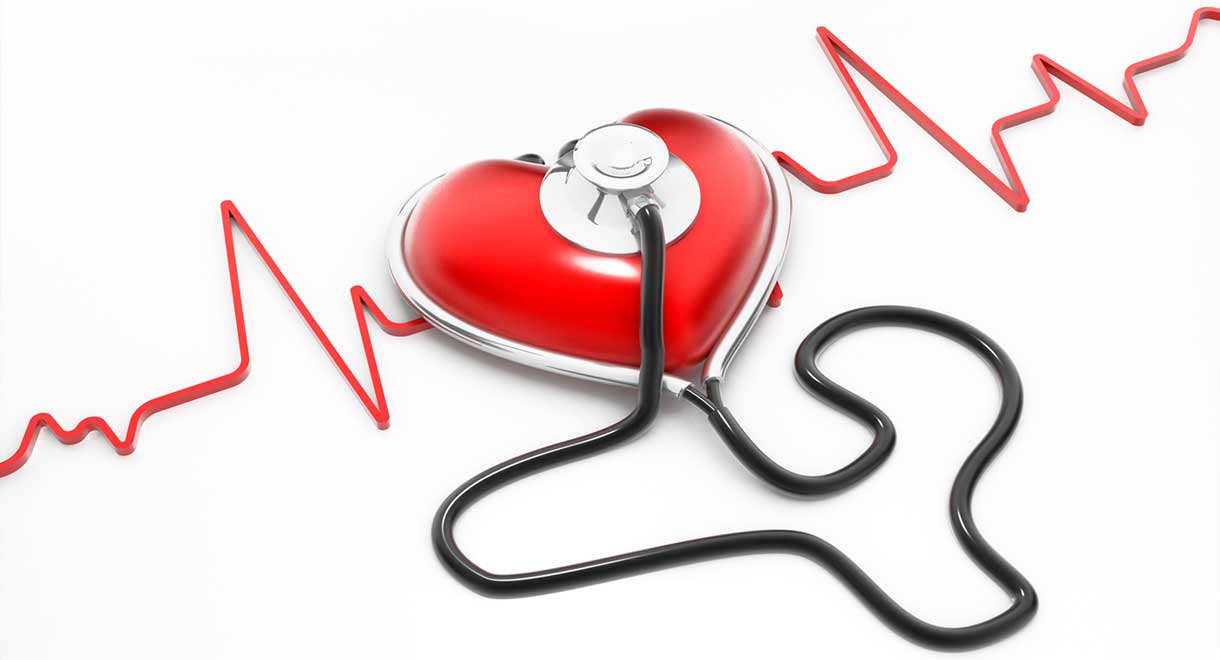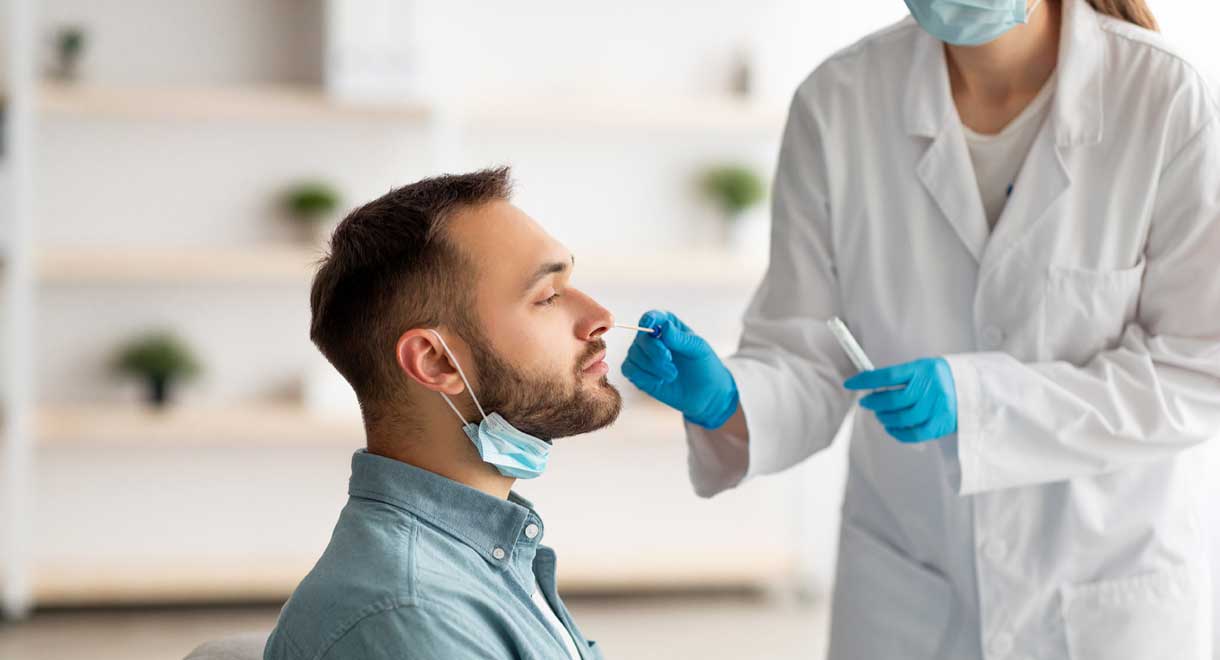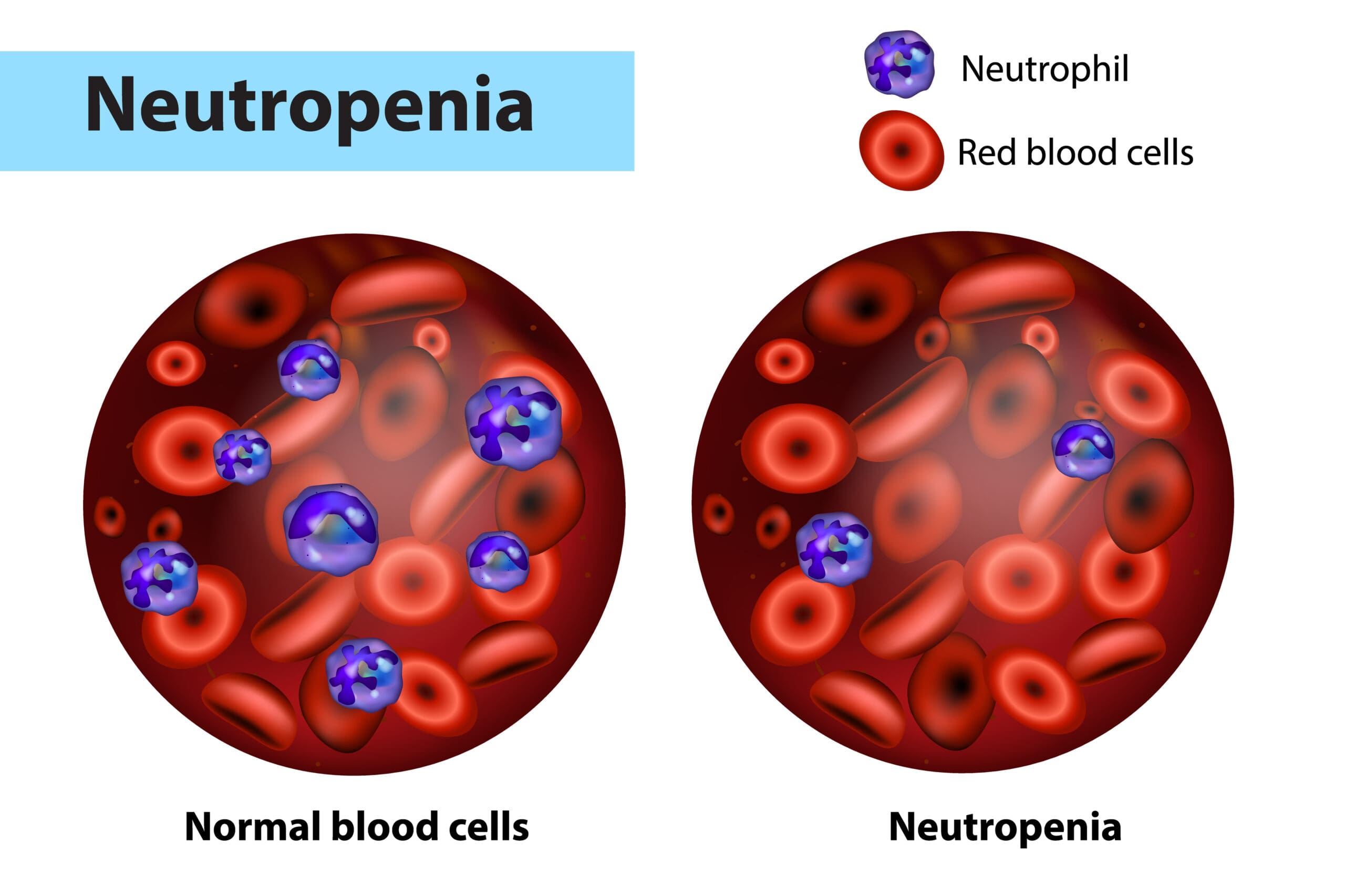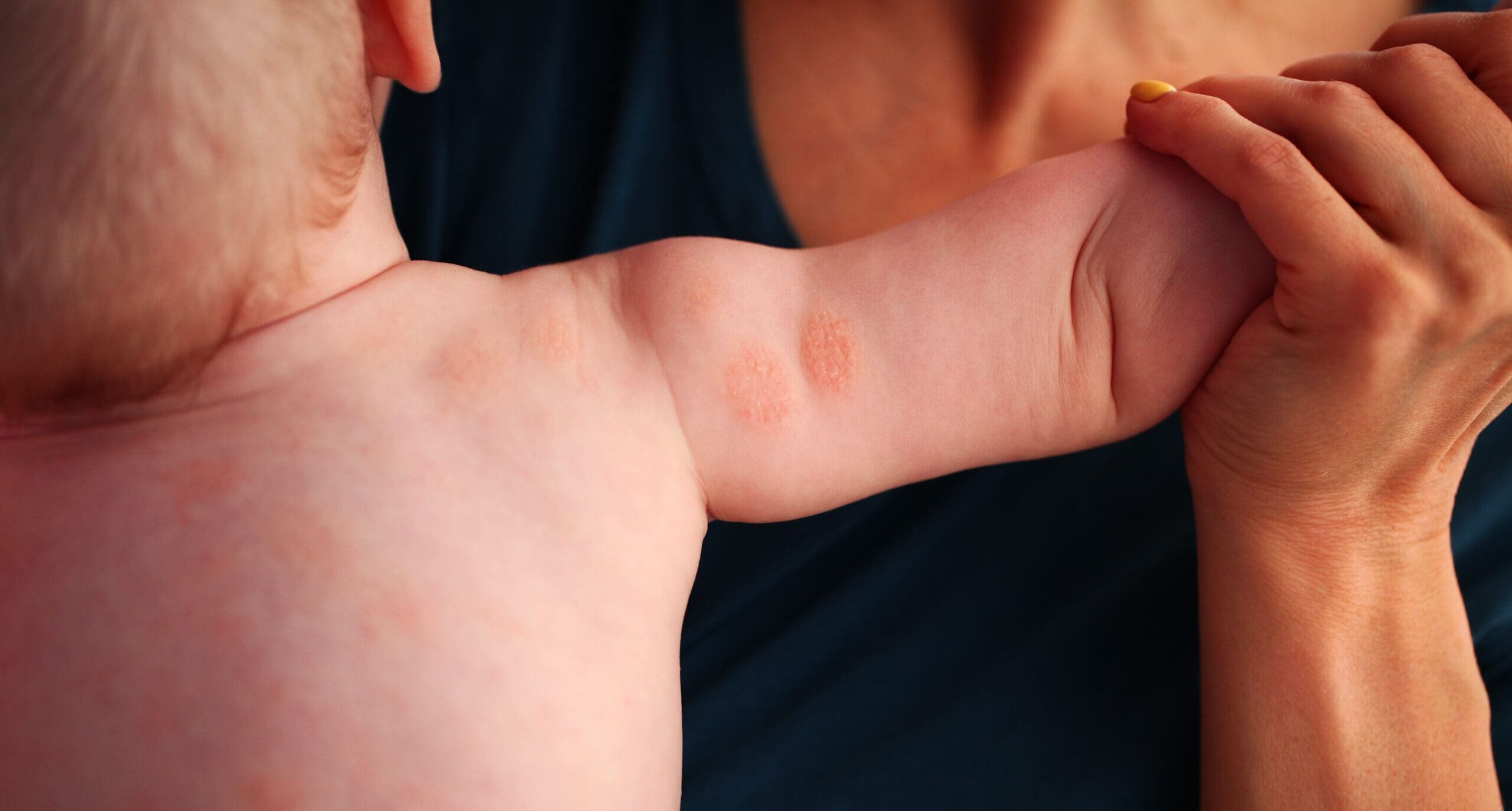If you have had COVID-19, take care of your blood vessels
A COVID 19 infection can increase your risk of heart and blood clot problems during the year after recovery, even if you did not have to be hospitalised. It is not certain why this occurs but it is thought it may be due to a hyperactivated immune system which is out of control. So, during the year after a COVID 19 infection you want to take extra care of your immune and cardiovascular health.


Increased risk
Conditions an individual may have an increased risk of:
- Heart arrythmia
- Heart attacks
- Heart failure
- Myocarditis
- Pericarditis
- Strokes
- Blood clots and embolism
Things that you can do to reduce your risk
- Do regular exercise and avoid sitting for prolonged periods.
- If you do long distance travel, take low dose aspirin.
- Avoid dehydration – increase intake of water and sugar free fluids, and minimise alcohol intake.
- Eat more fresh fruit and vegetables and make your own raw vegetable juices. Try to eat home cooked meals most of the time comprised of protein, vegetables and natural fats.
- Some people experience increased inflammation in their body when they consume gluten, grains and dairy products. Try going without these foods and see if it makes a difference to your health.
- Keep your blood thinner with foods like garlic, onions, radishes, citrus and oily fish, and discuss low dose aspirin with your doctor.
- Keep your weight in the healthy range.
- Control high blood pressure.
- Have a blood test for C-reactive protein to check if there is too much inflammation in your body.
References:
Long-term cardiovascular outcomes of COVID-19
Yan Xie, et al. Nature Medicine (2022) published February 7th 2022








Excellent information.